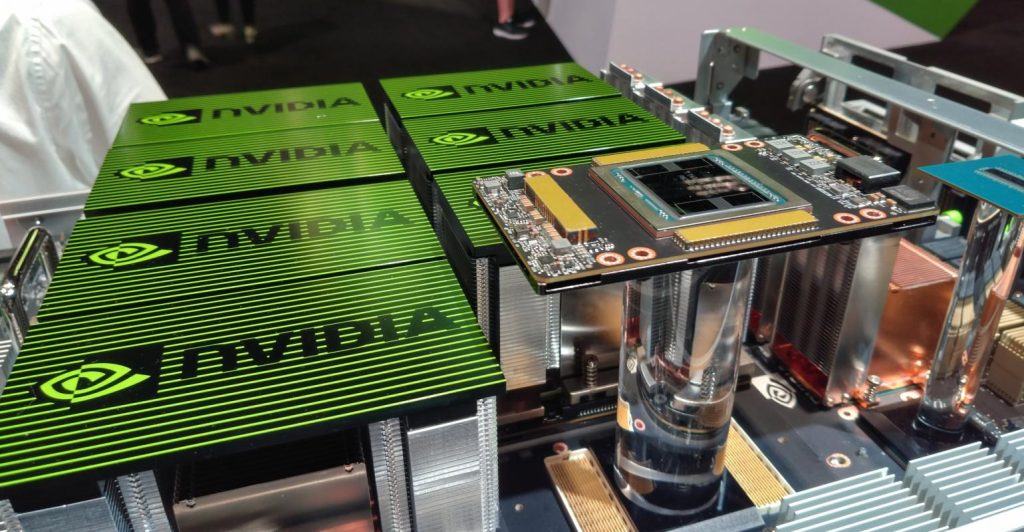Nvidia to roll out new AI chip for China amid US export restrictions
The H20 chip is the most advanced of three China-focused chips produced by Nvidia to comply with the current export rules announced by the US government in October.

US-leading chipmaker Nvidia intends to start mass production of an AI chip designed for the Chinese market in the second quarter of 2024. Nvidia’s move comes after tightening US export restrictions prevented the company from shipping its most advanced products, including its A800 and H800 AI chips, to China.
The H20 chip is the most advanced of three China-focused chips produced by Nvidia to comply with the current export rules introduced by the US government in October. The chipmaker aims to introduce all three products to meet the new restrictions, the other two being the L20 and L21. They include most of Nvidia’s most recent attributes for AI work but with limited computing power.
Why does it matter?
Despite these efforts, some Chinese companies have hesitated to buy the downgraded chips and are testing domestic providers as alternatives. For instance, last year, tech leader Baidu ordered AI chips from Huawei Technologies. Similarly, major Chinese cloud firms Tencent and Alibaba have expressed their preference for using chips from local companies such as Huawei over Nvidia’s slower AI chips. Through its massive investments, the Chinese government is boosting their local chip industry, encouraging key players to reduce their dependence on foreign companies, and aiming to bridge the gap with the US.
Nvidia, which claims a 90% share of China’s AI chip market, is counting on these new chips to help secure its market share in the country. However, the lower performance of Nvidia’s chips has narrowed the performance gap with Chinese chipmakers, making domestically produced chips increasingly attractive to Chinese buyers. Nvidia has yet to announce the sale of any of these three chips publicly.


